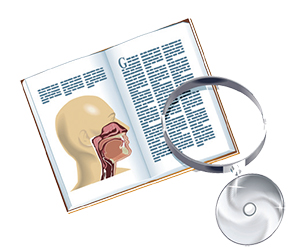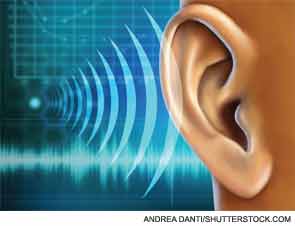Genetic testing should be considered when the most common nongenetic causes (congenital cytomegalovirus, negative imaging for structural inner ear, or cochlear nerve abnormality) are ruled out as subtle phenotypic manifestations of syndromic hearing loss.



